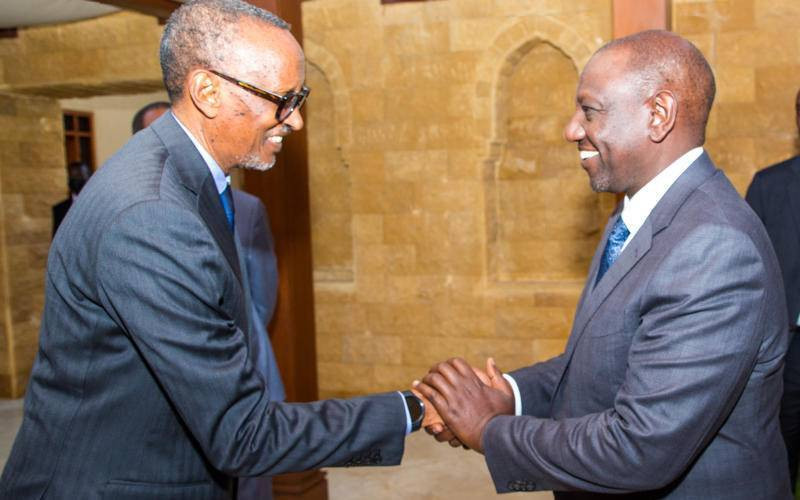×
The Standard e-Paper
Join Thousands Daily

President William Ruto has a reputation for being a diplomatic charmer, hosting high-profile events and guests since he was elected last year.
His more than 40 trips abroad have also intended to help cement his status as an astute diplomat (although he faces criticism domestically over the cost of the "too many" foreign trips he can't seem to say no to).